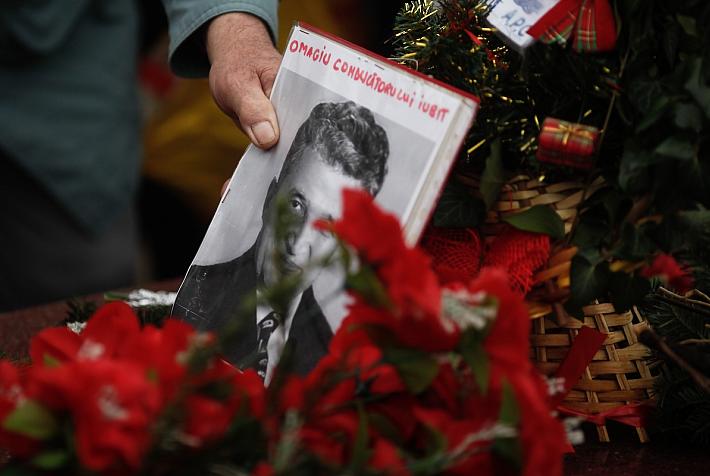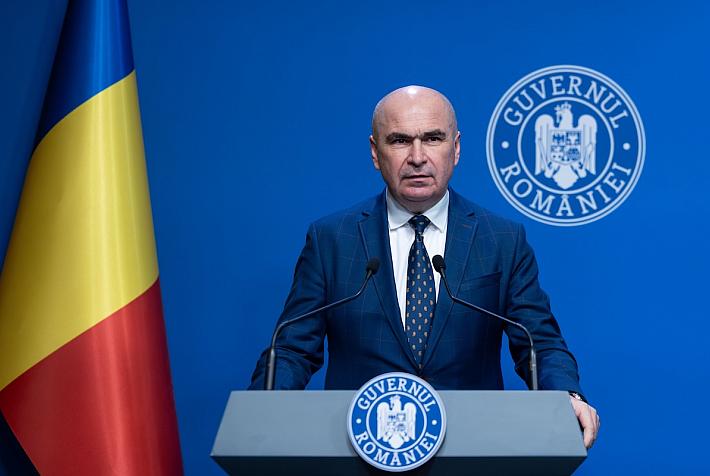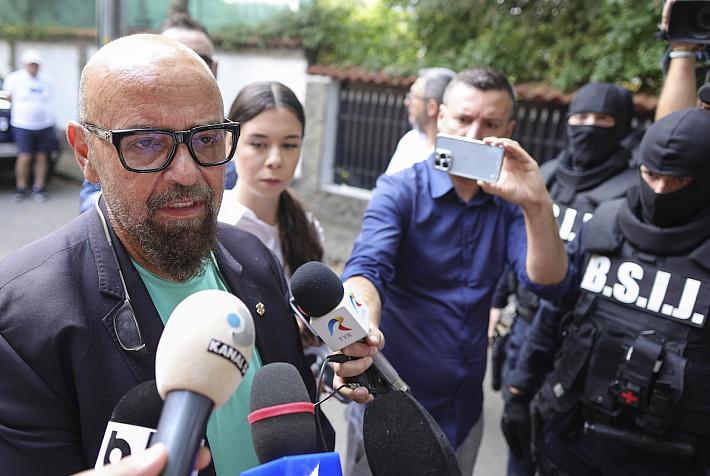Romania’s Government could drop some of the announced fiscal changes

The Romanian Government could drop some of the fiscal changes included in the new governing program, namely the tax on turnover and the so-called solidarity tax. Both taxes have been criticized by the business community.
Liviu Dragnea, the leader of the ruling Social Democratic Party (PSD), announced on Wednesday at the Parliament that he had discussed some of the measures from the governing program with Prime Minister Mihai Tudose, and that the tax on turnover and the solidarity tax may no longer be applied if it is found that they may damage a particular part of the economy.
Dragnea said that “if a certain measure aimed at bringing to light possible transfers of profits affected firms that act correctly, then that measure would not be adopted,” reports local News.ro.
“There are some concerns of the Parliament, the Government that all companies working in Romania pay the honest and predicted taxes. That doesn’t mean that the 2-3 possible measures can’t be discussed; but no measures will be applied abruptly until analyzes and simulations are done in detail,” Liviu Dragnea said when asked about the turnover tax.
Dragnea’s statements come amid information that the new Prime Minister doesn’t agree with all the measures included in the new governing program. According to sources cited by local Antena 3, just a few days after the new Government was sworn in, Prime Minister Mihai Tudose told Liviu Dragnea that he didn’t want to respond to party orders and that he would not implement the governing program ad litteram. He allegedly told the PSD leader that the new taxes would destroy the economy and the companies.
However, the Prime Minister denied on Wednesday the alleged dispute between him and Liviu Dragnea, reports local Hotnews.ro. He also said that he was optimistic about the governing program, adding that no measure would be applied before making simulations that would show that such an action would not have negative effects.
The PSD-ALDE coalition presented at the end of June the new governing program, which included several controversial measures such as the tax on turnover, which would replace the tax on profit, and the so-called solidarity tax, which would be paid by people who have monthly wages above RON 14,500 (EUR 3,200). The measures have been highly criticized by the business community, including AmCham, the Romanian-German Chamber of Commerce and Industry – AHK Romania, and others.
Last week, at the end of the ceremony during which the new Government was sworn in, President Klaus Iohannis also asked the new cabinet to stop the fiscal hopping.
One in three companies in Romania risks insolvency on new turnover tax
Irina Marica, irina.marica@romania-insider.com











